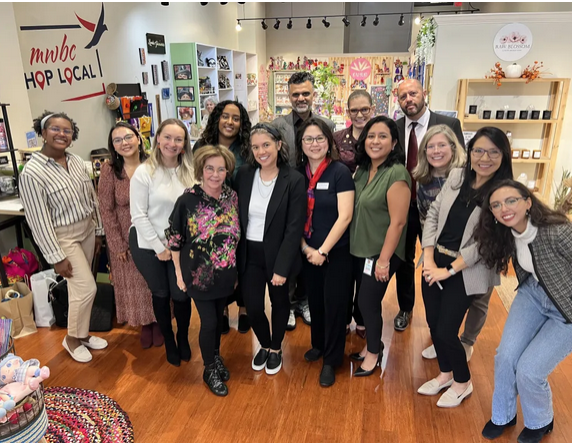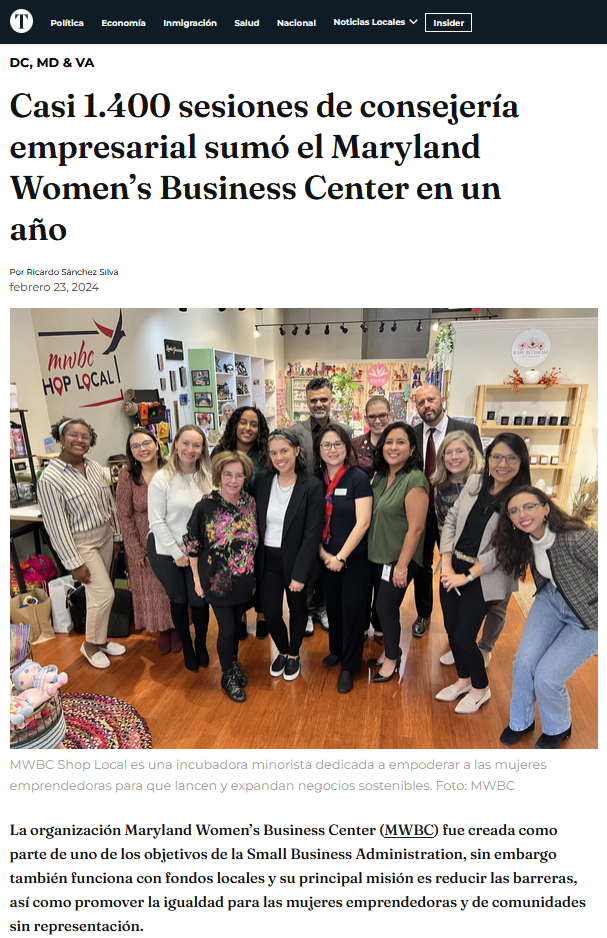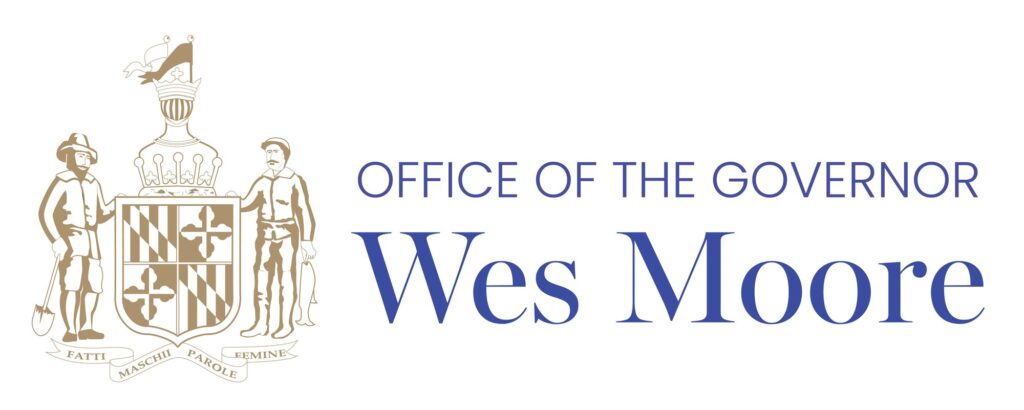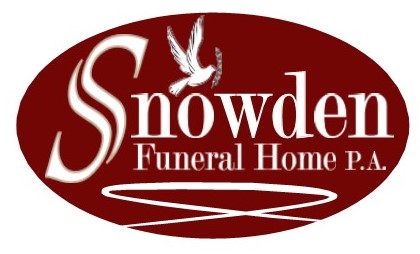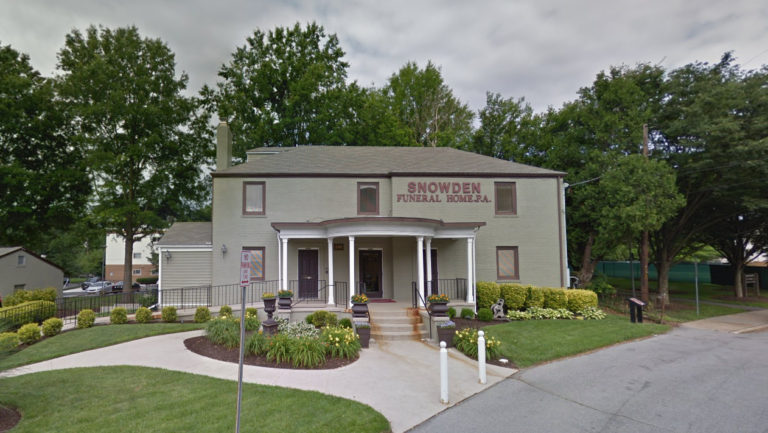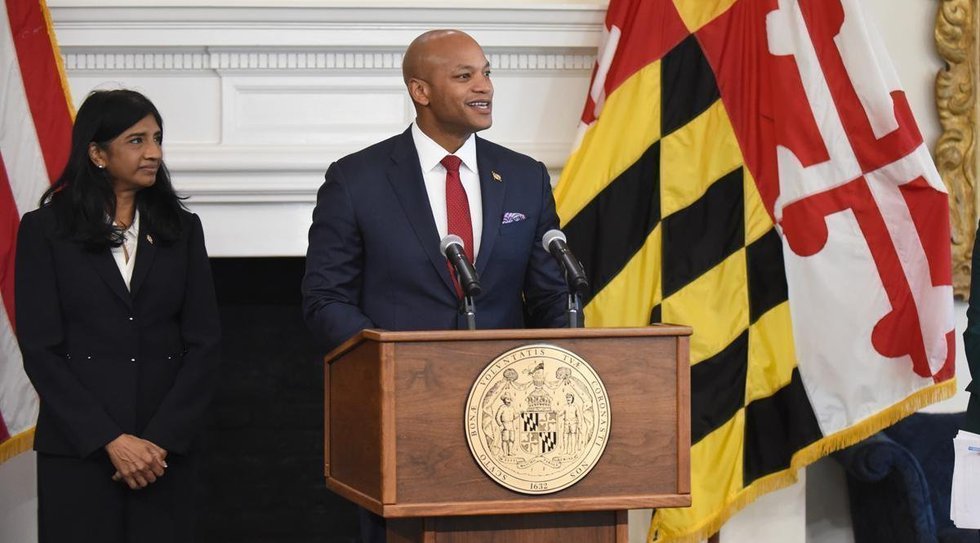
"When we invest in our small businesses, we invest in the neighborhoods they serve and the Marylanders they employ."
Press Release published by the Maryland Department of Housing and Community Development
ANNAPOLIS, MD – Governor Wes Moore today announced that the Maryland Department of Housing and Community Development has awarded more than $16.2 million to assist small businesses and support local revitalization projects and activities. Grants from the Business Boost Microgrant Program, the Main Street Improvement Grant, and Project Restore 2.0 will provide funds to 121 businesses, local governments, and place-based economic development organizations to spur community revitalization by attracting, retaining, and expanding small businesses, as well as through the promotion of local, cultural attractions and events.
“Community growth and business growth are inextricably linked. When we invest in our small businesses, we invest in the neighborhoods they serve and the Marylanders they employ,” said Gov. Moore. “Today, we take an important step toward building a more competitive economy and a more vibrant state.”
The Business Boost Microgrant Program helps businesses expand or establish locations, with preference for home-based businesses that are establishing their first commercial location outside of the home. Applicants are required to meet one or more of the priority impact attributes that contribute to Maryland’s economic growth, such as supporting minority and women-owned businesses, driving innovation or technology advancements, growing new industries, or leveraging existing regional strengths. Pending local approval, Business Boost will award $2,113,147 to assist 47 businesses, including:
Automating the manufacturing capabilities of Fyodor Biotechnologies (Baltimore City) to increase the production of its urine malaria test, the world’s first non-blood, home test for malaria that provides results in minutes.
Assisting Stylish Auto Dealer (Charles County) in acquiring and enhancing a second auto repair shop and launching its auto wholesale business. The expansion includes the hiring of mechanics and shop personnel.
The Main Street Improvement Grant Program provides operating assistance to local governments or economic development organizations in Maryland’s designated and affiliated Main Street Maryland communities and Baltimore City’s designated Main Street neighborhoods. Grants help awardees achieve their community revitalization and economic development goals, including creating and retaining small businesses and increasing tourism for local events and attractions. The program awarded $966,000 in grants to 47 awardees, including:
- Funding for the Town of Centreville (Queen Anne’s County) to support its façade improvement program and to cover fees for National Main Street membership, website maintenance, photography, videography, and business promotions.
- Design, construction, and installation of public art in the Main Street district of the Town of Thurmont (Frederick County).
Project Restore 2.0 activates vacant buildings, supports small businesses, and increases local economic activity by providing financial support to improve the vitality of Maryland’s commercial corridors. Unlike prior rounds of the program, which directly funded businesses, $13,193,363 was awarded as block grants to 55 place-based economic development organizations, nonprofit or local government entities that work to improve a specific jurisdiction within the state. Awardees including the City of Cumberland (Allegany County), the Bel Air Downtown Alliance (Harford County), and the Ocean City Development Corporation (Worcester County) will sub-grant the funds to for-profit businesses, nonprofit organizations, cooperatively owned businesses, and social enterprises to start up or expand into vacant buildings in their jurisdictions.
“To ensure the continued quality of our communities and to improve the quality of life for all their residents, we must revitalize their hearts – downtowns, Main Streets, and other important community hubs and places,” said Maryland Department of Housing and Community Development Secretary Jake Day. “This important funding will provide strength by supporting the growth of small businesses that provide local services and job opportunities and the events and attractions that make Maryland’s unique, varied communities such great and lovable places.”
For more information about the Maryland Department of Housing and Community Development business assistance and Main Street improvement programs, visit http://dhcd.maryland.gov.



